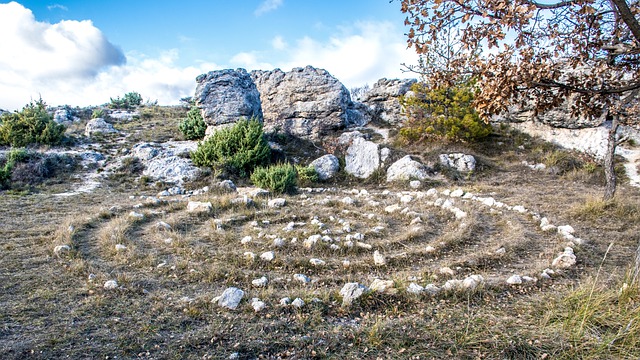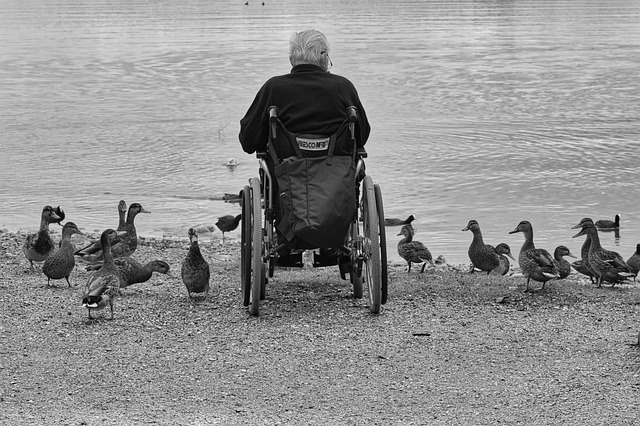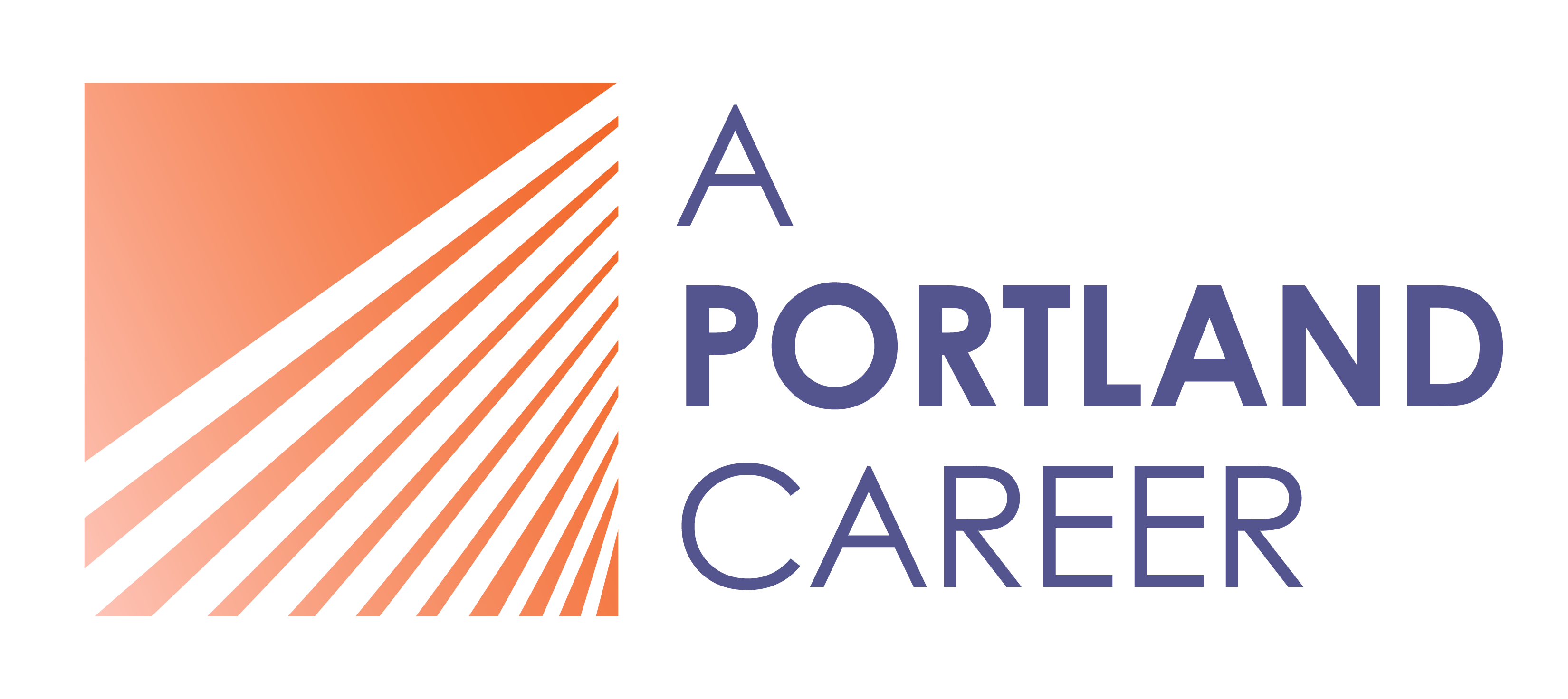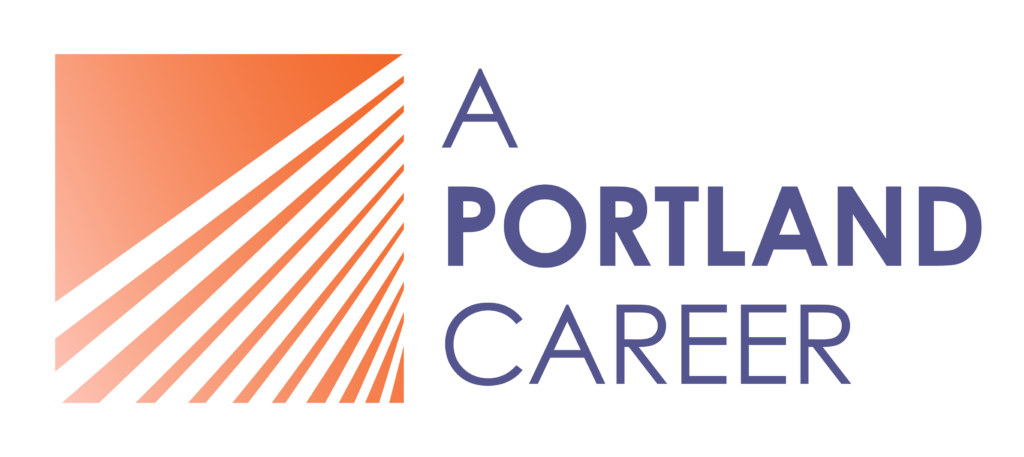How to respond when you didn’t get the job. Learn how to move forward and capture this opportunity to grow professionally.
Faith, nature, and mindfulness can benefit your job search: discern your calling, celebrate your gifts, and accept the uncertainties in the process.
Building Faith, Nature, and Mindfulness into Your Job Search
By A Portland Career, and edited by Suzie Sherman
Feeling stuck in your career search? We can help you get unstuck

“I have seen many storms in my life. Most storms have caught me by surprise, so I had to learn very quickly to look further and understand that I am not capable of controlling the weather, to exercise the art of patience and to respect the fury of nature.” —Paulo Coelho
Most of us find career transition and job hunting enormously painful. We would rather have an epiphany, a fully formed career calling, and a clear path to entry. We think of movies like Erin Brockovich and The Sound of Music that depict a dramatic revelation of someone’s true purpose, while forgetting the tedium and frustration that can cloud and divert the path to career fulfillment.
As our patience and energy level wanes, we grow tired of waiting, and we need to find a certain amount of acceptance: this uncertainty is simply a part of the process. You may or may not have been through a career transition before, but you can draw on other difficult transitions in your life to begin working through, or working with, this uncertainty.
Whether you consider yourself religious or spiritual, or you’re strictly secular, there are practices of working with the process, being present in the process, that can be helpful. Research indicates that faith, nature, and mindfulness can play an essential role in several ways: they can help you discern your calling, celebrate your gifts, accept the unknown, keep problems in perspective, and engender the courage to take action.
Home → Helpful Articles → Self-Care → Building Faith, Nature, and Mindfulness into Your Job Search
Here are a few more articles to help you stay grounded while you’re in a career transition:
- Reduce Negative Self-Talk
- Job Rejection: We Got you. How to Cope, Recover, and Rebound
- How to Avoid These 10 Common Job Search Mistakes
If you’re feeling overwhelmed, we’re here to support you at every step of your career search. Just click the button to get in touch.
On This Page

Make time for practice
Many people draw sustenance by combining a variety of faith, nature, and mindfulness traditions. For example, one million people from myriad religious and spiritual traditions logged on when Oprah partnered with self-help author Eckhart Tolle for an online discourse on his book, A New Earth: Awakening to Your Life’s Purpose.
“They look upon the present moment as either marred by something that has happened and shouldn’t have or as deficient because of something that has not happened but should have…Accept the present moment and find the perfection that is deeper than any form and untouched by time.” —Eckhart Tolle
If you are currently unemployed, you have the gift of time to add new (but time-tested) tools or practices to help ease your mind. These can be religious, spiritual, nature-centric, or philosophical traditions, rituals, beliefs, or habits. On the other hand, if you are employed and engaged in a career transition or job search, finding time to brush your teeth may seem like all you can manage!
During such a rushed and stressful period in your life, you may need—more than ever—some of the simplest and most portable of practices, like conscious breathing, short prayers, or “walking meditation” in the woods. These can bring calm to your bumpy ride. Paradoxically, building time in your day for these kinds of practices may make time feel more spacious and expansive, even during an otherwise frantic day.
Kristin considers her walks on Portland’s Mt. Tabor to be a form of walking meditation. She winds her way up the small volcano in a spiral path and finds the soothing ascent to be a source of great inner peace, and a place to dive deeper into her thoughts. She also practices yoga, drawing upon her inner reserves to continuously increase the amount of time she holds poses, improving her posture, her tolerance for discomfort, and strengthening her body and mind as a result.

Discern Your Calling
The phrase “discerning your calling” originally comes from Christianity; it was used when young men and women were “called to the ministry.” The phrase now has a broader interpretation, generally referring to a compelling feeling that you must use your mind and vigor to help heal some of the world’s problems, from hunger to climate change, from racial injustice to disability rights.
In modern Jewish tradition, the concept Tikkun Olam—to repair the world—can become a driving force. In Buddhist practice, one of the tenets of the Noble Eightfold Path, samma ajiva—right livelihood—can beckon us to do ethical work that minimizes harm and suffering.
Your guidance could come in the form of a clear, direct voice saying, “Be a nurse,” or a repetitive dream image of salmon laboring to swim upstream. You may note that you feel a spiritual pull every time you are in the woods, or near the ocean. Alternatively, you can use faith, or a non-religious sense of wonder or serendipity, to let go of self-doubt and trust that you will receive guidance when the time is right.
“We need the best and the brightest thinkers, strategists, coders, surveillance experts, tech geeks and disruptors to utilize all of the tools we have available to us to build the world that we want to see. A world where Black lives matter. A world where all lives matter.” —Alicia Garza, co-founder of Black Lives Matter.
Whether you believe that a calling comes from an external deity, from your inner spiritual voice, from a sense of ethical purpose, or from neutral self-reflection, the voice that calls you may not be as specific as you would like. Did you hear “salmon ecosystems” or did you hear “creative artist?” You may need more clarity. All faiths offer ways to quiet your “monkey mind.” Perhaps it’s time to meditate, pray, go for a walk in the woods, or all three.
Cheryl Strayed, author of Wild, finds purpose and empowerment on a 1,500-mile hike of the Pacific Crest Trail:
“I knew that if I allowed fear to overtake me, my journey was doomed. Fear, to a great extent, is born of a story we tell ourselves, and so I chose to tell myself a different story from the one women are told. I decided I was safe. I was strong. I was brave. Nothing could vanquish me.”

Celebrate Your Gifts
The self-assessment phase of career transition is about naming and claiming your gifts. When you do an honest self-inquiry about what you have to offer in your new job or career path, it might feel challenging to really own what you bring to the table. You might flounder when stating your strengths, if you allow them to come from an inflated sense of ego. The attitude that “I am a better speaker/writer/programmer than that other person” implies its flipside: a deflated sense of not being good enough.
If we can approach our strengths and contributions with a spirit of gratitude and humility, we can experience them as gifts that have been given to us to use in the world for a collective benefit. Your tone of voice will carry this conviction and be received as such.
Vicki listens to former U.S. President Jimmy Carter’s recordings, because for her, he exemplifies competence in the world coming from a place of this grounded humility. Strong in his Baptist faith, he believes his gifts come from God and are merely expressed through him.

Accept the Unknown
The oft used Serenity Prayer, attributed to Reinhold Nieburhr, might come in handy:
“God, grant me the serenity to accept the things I cannot change, the courage to change the things I can, and the wisdom to know the difference.”
Western and Eastern religions provide tools to help us during times when our future is unknowable. “When God closes one door, s/he opens another,” reflects a belief that there is a god or a divine power with a very specific plan for your life, along with a timetable that you as a human being cannot know.
Eastern religions remind us that at any point, on any day, at any minute, you can bring your attention to the present—without self-judgment—thereby easing your focus, or worry, about the future. It is a great way to shift your mind towards remembering who you are, which is much more than your unemployed status.
Secular humanists, who don’t believe in a divine entity or plan, can take comfort in the inherent mystery of the unknown: while this uncertainty feels stressful at times, it is also what makes life compelling, and challenging, like a puzzle to solve, like an endlessly intriguing game.
“The secret of happiness is this: let your interests be as wide as possible and let your reactions to the things and persons that interest you be as far as possible friendly rather than hostile.” —Bertrand Russell
All that said, you can—and should—use your rational mind to develop an estimated timeline to reach your career goals. But even if you promptly and diligently follow through on all tasks, you can’t control:
- When the market will provide more or fewer job openings
- What the qualifications of competing candidates are, or
- When you will meet the ideal person who can connect you to the right contact through networking
It is necessary to accept that you don’t have complete control of when you will start your next job. That is the simple reality of the situation at hand. It’s wise to develop practices to help ease this tension.
“Feelings come and go like clouds in a windy sky. Conscious breathing is my anchor.” —Thich Nhat Hanh

Get Out of Your Own Problems
If you are not employed during your career transition, ignore the career pundits who recommend spending 40+ hours each week on your career/job search. Unless you are in school, there is not much to be gained by dedicating more than 5 to 15 hours per week. That leaves plenty of time to balance between enjoyment and service. You can do something wonderful and refreshing—meditate, go for a swim, listen to music while you go for a long walk, or feed the ducks at the park.
Ammachi (known as Amma or the “Hugging Saint”) is a popular Indian guru who asks her followers to do two things: pray and serve. Jesus repeatedly commanded his followers to take care of the poor and the sick. If you are unemployed, you may have a unique opportunity to serve. Portland, Oregon, has thousands of nonprofits looking for volunteers all the time.
I think some people believe that self-care costs a lot of money. It doesn’t have to. Taking a walk in nature, meditating, soaking in a hot Epsom salts bath, listening to music, spending time with animals, making art, writing poems, practicing yoga or stretching are all affordable or free and incredibly self-nurturing. —La Sarmiento, Guiding Teacher, Insight Meditation Community, Washington, DC
Ride the waves with your mind
“You can’t stop the waves, but you can learn to surf.”
—Jon Kabat-Zinn
While you’re traveling down the career transition road, a reliable mindfulness routine can keep your hands steady on the wheel. Rooted in Eastern philosophy, MBSR (Mindfulness Based Stress Reduction) is a mindfulness training developed by Jon Kabat-Zinn, a professor at the University of Massachusetts Medical Center. It offers clinically useful techniques for reducing stress, heightening attention, sharpening focus, and increasing empathy and self-compassion.
According to the New York Times,
“Two-thirds of fully trained doctors experience the emotional, mental, and physical exhaustion characteristic of burnout. Health care workers who are burned out are at higher risk for substance abuse, lying, cheating, and even suicide. They tend to make more errors and lose their sense of empathy for others.”
Extensive research on mindfulness—designed to test its effectiveness on healthcare professionals—has yielded highly positive results. Those who regularly practiced these techniques improved their performance and reduced their overall work stress, which resulted in increased retention rates.

Final (if not finite!) thoughts on faith, nature, and mindfulness
It will be helpful for you to develop practices to stay mindful and accept the inherent unknowns in your career search. Whether you consider yourself religious, spiritual, or you’re a staunch rationalist, the research is there: faith, nature, and mindfulness can help you find your calling, accentuate gratefulness for your gifts and talents, accept uncertainty as part of the process, and keep your problems in perspective.
While you focus on the practical aspects of your career exploration or job search, we recommend you build time into your day for a nature break, meditation, prayer, or simply quiet reflection. The bounty of stress relief and creative inspiration will be there for you to tap into.
Key takeaways
- Job search and career exploration can be scary and full of unknowns. Plenty of research indicates that faith, nature, and mindfulness can help you attenuate these stressors.
- You don’t have to be religious to access mindfulness practices. Just sitting near the ocean can help you ease tension and keep you in the present moment.
- Mindfulness practice can help you manifest ideas about your calling and your career path.
- Getting away from ego attachment can help you embrace your strengths and focus on doing service in the world.
- Mindfulness Based Stress Reduction is a clinically proven method to access these practices.
Related articles you might be interested in:
How to Avoid These 10 Common Job Search Mistakes
How to avoid these 10 common job search mistakes and preserve your energy for the long haul of looking for a new role or career.
Reduce Negative Self-Talk
There are some ways of thinking and talking to yourself that are helpful…and others that are not. Here’s how to turn down the volume on negative self-talk.




